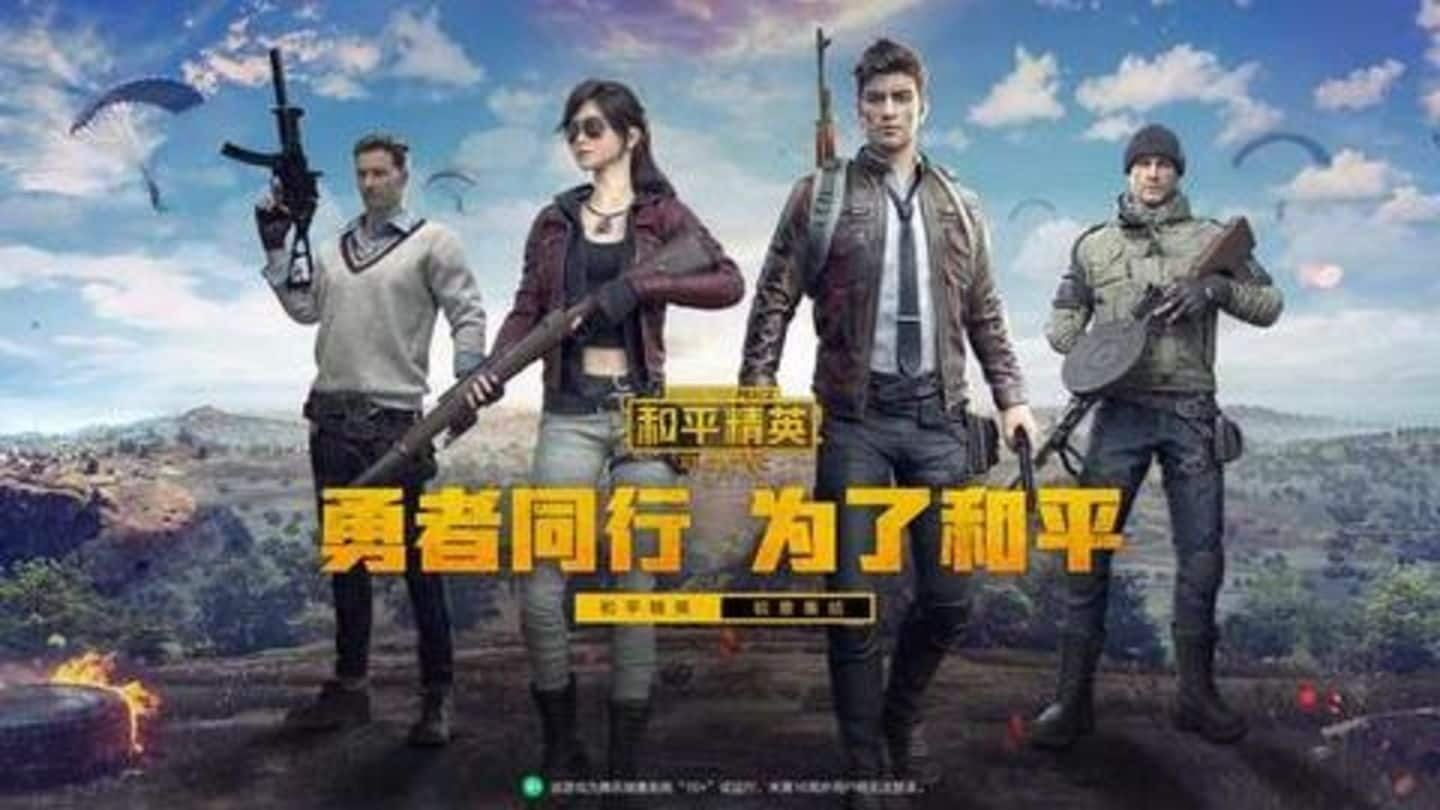
China says NO to 'PUBG'! Game replaced with patriotic alternative
What's the story
China loves producing electronic gadgets. But there is something it apparently loves more: censoring/banning/replacing the things its citizens use those gadgets for! From Google to Twitter and even Richard Gere, China has banned and replaced several things over the years. Recently, the country pulled (and replaced) the popular Battle Royale title PUBG because of its newly formed video game guidelines. Here's all that happened.
The Game
Goodbye 'PUBG', Hello, 'Game for Peace'
Last month, China introduced new rules for video-games. Subsequently, Tencent (PUBG's parent company) delisted PUBG and replaced it with a government-friendly alternative known as Game for Peace. The new game seems to be in accordance with the requirements of China's game censorship body, 'State Administration of Press and Publication', and looks strikingly similar to PUBG, sans the blood and dead bodies, of course.
New Guidelines
What are China's new video game rules all about?
China's new gaming authority recently set new guidelines for games. These involve capping the total number of games and banning/replacing any games that feature gambling, violence, obscene content, and blood. This is to prevent gaming-addiction and deviation from the government's ideologies in the world's largest market for video games! Notably, this move will affect many smaller publishers in the country.
PUBG Twin?
Here's what we know about 'Game for Peace'
The game, developed by Korea-based publisher Krafton (formerly BlueHole), minimizes violence and emphasizes nationalist themes. It focuses on the Chinese air force, calling them "the blue sky warriors that guard our country's airspace" and their battle against terrorists. While Tencent claims that it is a different genre of games, it has been reported that the game is almost like a PUBG twin.
Revenue Stream
The game with positive cultural guidance (and lots of money!)
Chinese authorities deemed PUBG too violent and asked Tencent to provide "healthy, positive cultural and value guidance" for Chinese players. PUBG has roughly 70 million domestic players in the country but Tencent wasn't able to monetize the in-app purchases, which would have earned it an annual revenue of roughly $1.18 billion to $1.48 billion! Now it can. Hence, the replacement works in everyone's favor.
Opinion
Opinion: Here's our take on the PUBG alternative
The new game is similar to PUBG in the overall look and feel. The only difference is in the expression of violence, which might not be that big of a deal for players. China is notorious for imposing such restrictions, so this comes as no surprise. I do, however, hope that we (India) don't go the China way, and start banning/replacing games like PUBG.